Description
Bently Nevada 3500/45 – Position Monitor for Axial Position, Differential Expansion, and Rod Position
The Bently Nevada 3500/45 Position Monitor (often written as 3500-45) is the go-to 4‑channel module for axial position, differential expansion (DE), rod position, and case expansion measurements in a 3500 rack. From my experience, it’s the cleanest way to bring proximity probe position signals into a machinery protection system—with dual alarm setpoints, OK status checking, 4–20 mA outputs per channel, and buffered transducer outputs for diagnostics. Plants typically use it on steam/gas turbines, large compressors, and reciprocating machines where precise positional trending protects bearings and rotors.
Company’s Order Placement Process and Guarantees
- Warranty: 365 days
- Delivery: 1 week for in-stock; no more than one month at the latest
- Payment: 50% advance payment, full payment for delivery
- Express delivery: FedEx, UPS, DHL
Key Features
- 4-channel position monitoring: Measures axial position, differential expansion, rod position, or case expansion—mapped per channel.
- Proximity probe based: Accepts Bently Nevada proximity transducers via the rack I/O; certain I/O options in the field also support DC linear position sensors for case expansion.
- Dual-setpoint protection: Per-channel Alert and Danger setpoints with OK/not‑OK logic for sensor and circuit health.
- 4–20 mA and buffered outputs: One 4–20 mA per channel for DCS/PLC, plus buffered transducer outputs (front BNC and rear terminal) for diagnostics and balancing.
- Tight rack integration: Alarms and events are shared over the backplane; trips are typically driven by 3500/32 or 3500/33 relay modules.
- Configuration over TDI: Set up via the 3500-22M TDI and engineering software—fast to clone across units, which helps during outages.
Technical Specifications
| Brand / Model | Bently Nevada 3500/45 Position Monitor |
| HS Code | 9031.80.00 (Measuring/monitoring instruments – other) |
| Power Requirements | Powered via 3500 rack backplane; no external power supply |
| Signal Input/Output Types | Inputs: 4 proximity probe channels (position), optional DC linear sensor support depending on I/O variant Outputs: 4 × 4–20 mA proportional to position; buffered transducer outputs (front BNC and rear terminal) |
| Communication Interfaces | Rack backplane; configuration and data access via 3500-22M TDI (Ethernet through TDI) |
| Operating Temperature | Typically 0 to +65 °C for 3500 modules (application dependent) |
| Dimensions & Weight | Standard 3500 single‑width front module with matching rear I/O terminal base |
| Installation Method | Plugs into 3500 rack slot; field wiring to rear I/O; alarms mapped to rack relay modules as required |
Application Fields
You’ll typically see the 3500/45 wherever position measurements drive protection or startup permissives:
- Steam turbines: differential expansion and thrust position to protect against rubs and thermal growth issues
- Gas turbines & generators: axial position monitoring tied to trip/permissive logic
- Reciprocating compressors: rod position tracking for rider band condition and early wear indication
- Large pumps and fans: case expansion or axial position trending during hot restarts
Advantages & Value
- Protection-grade accuracy: Purpose‑built for proximity‑based position signals; alarm logic is deterministic and easy to audit.
- Seamless compatibility: Native to the 3500 ecosystem—pairs cleanly with 3500/32 or 3500/33 relays and the 3500‑22M TDI.
- Lower installed cost: Integrated 4–20 mA and buffered outputs reduce external signal conditioning hardware.
- Maintenance friendly: Buffered outputs make it simple to verify transducer health without disturbing the protection path.
Installation & Maintenance
- Cabinet & environment: Mount the 3500 rack in a clean, ventilated enclosure; avoid condensation and corrosive atmospheres.
- Transducer wiring: Use Bently Nevada proximitor cabling and grounding practices; keep cable runs away from high‑noise power conductors.
- Alarm strategy: Configure Alert/Danger setpoints and OK logic to match site philosophy; map trips through 3500 relay modules.
- Safety: De‑energize the rack before inserting/removing modules; observe ESD precautions to protect the backplane.
- Routine care: Periodically verify 4–20 mA spans, review event logs, clean cabinet filters, and schedule firmware/config backups via the TDI.
Quality & Certifications
- CE marking for EMC and safety (3500 family)
- UL/cUL and CSA certifications are commonly available for 3500 modules
- RoHS conformity where applicable
- Manufacturer warranty is typically 12 months; we support a 365‑day warranty on supply
Field Note
A turbine engineer told us their team started trending DE on the 3500/45 after a hot restart issue. “You might notice that once we tightened the setpoints and mapped Danger to a 2oo3 relay vote, nuisance trips disappeared—and we finally caught a real rub early.” That’s the kind of practical payoff we typically see when position data is treated as a first‑class protection variable.

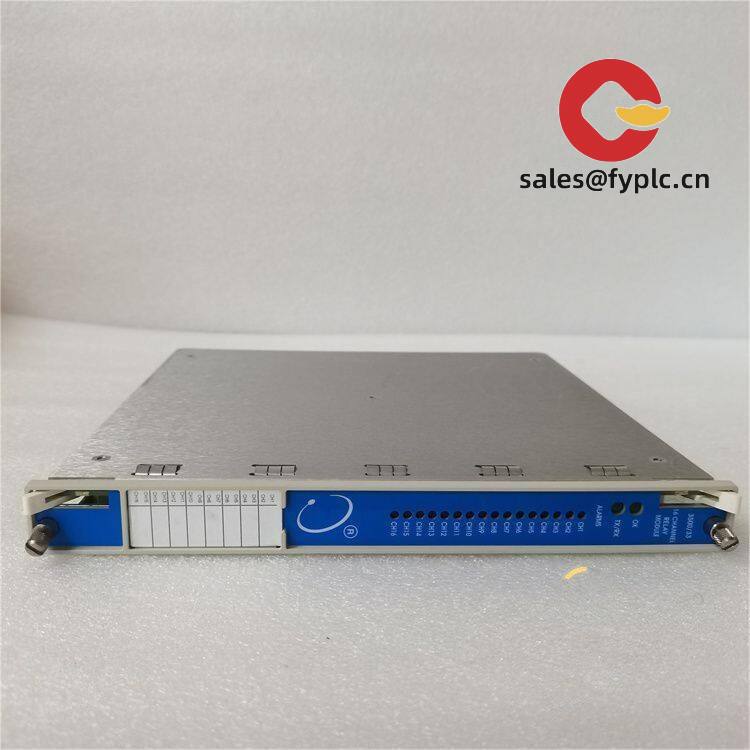
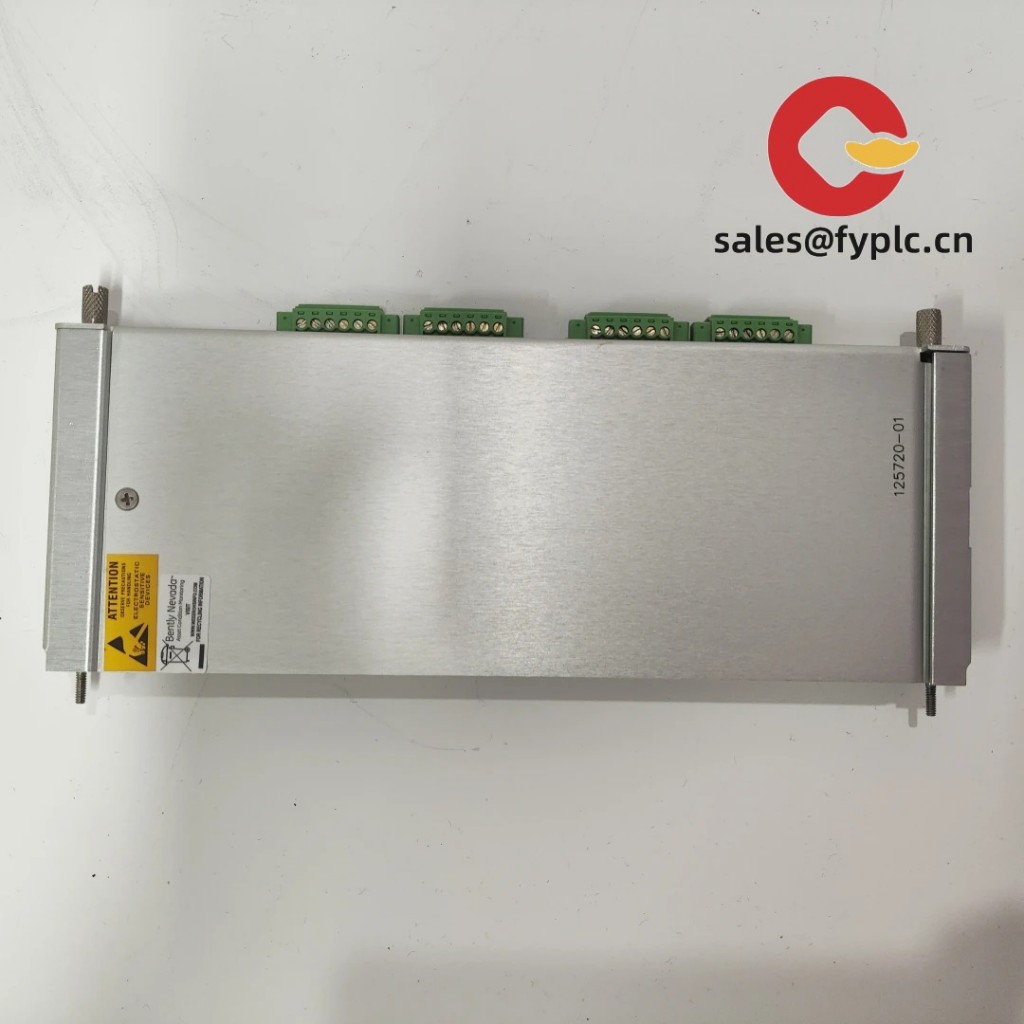
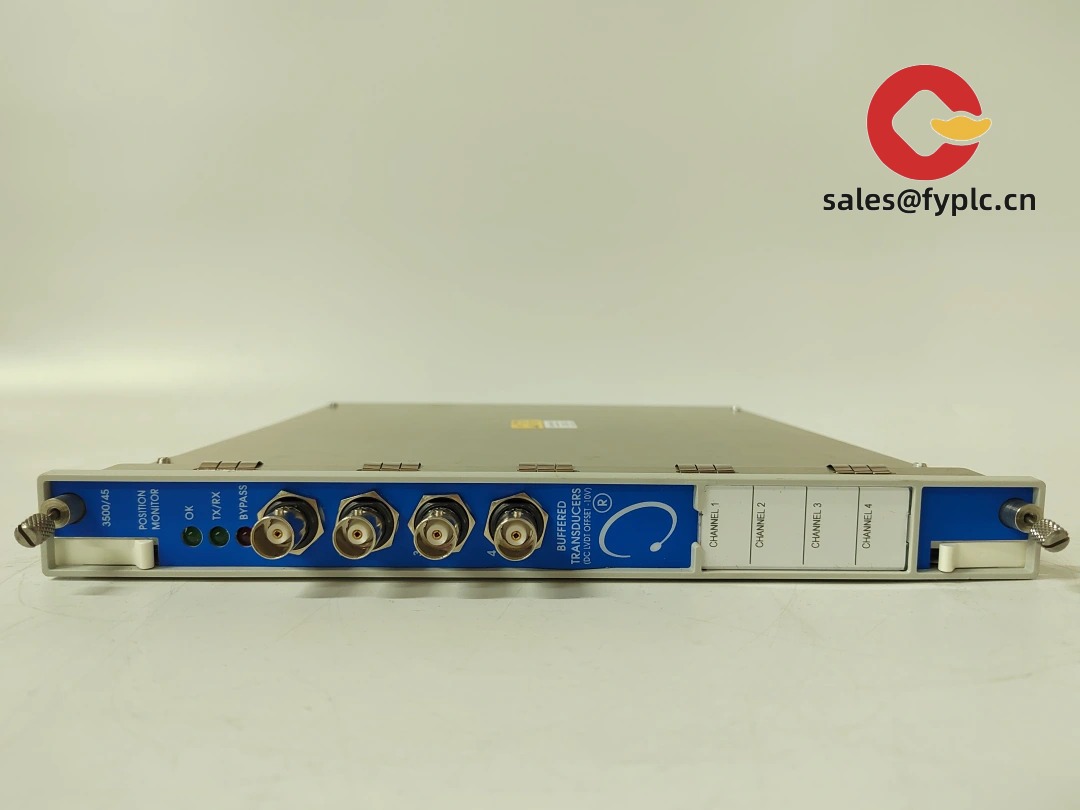
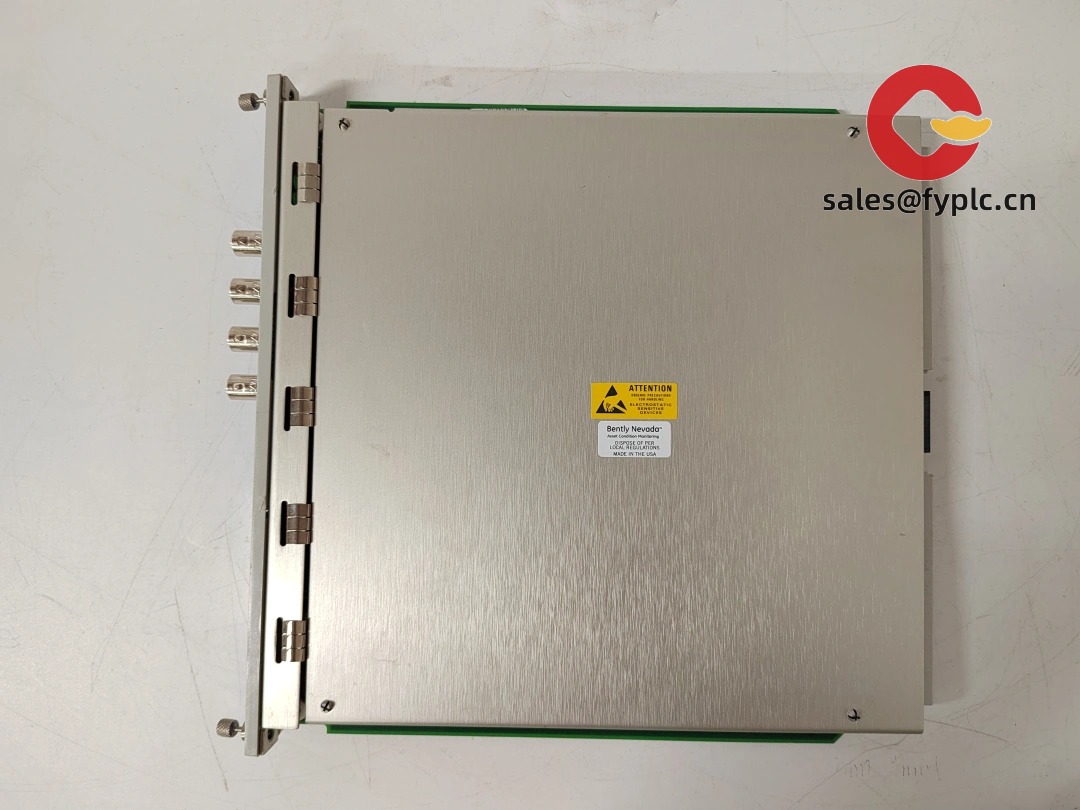
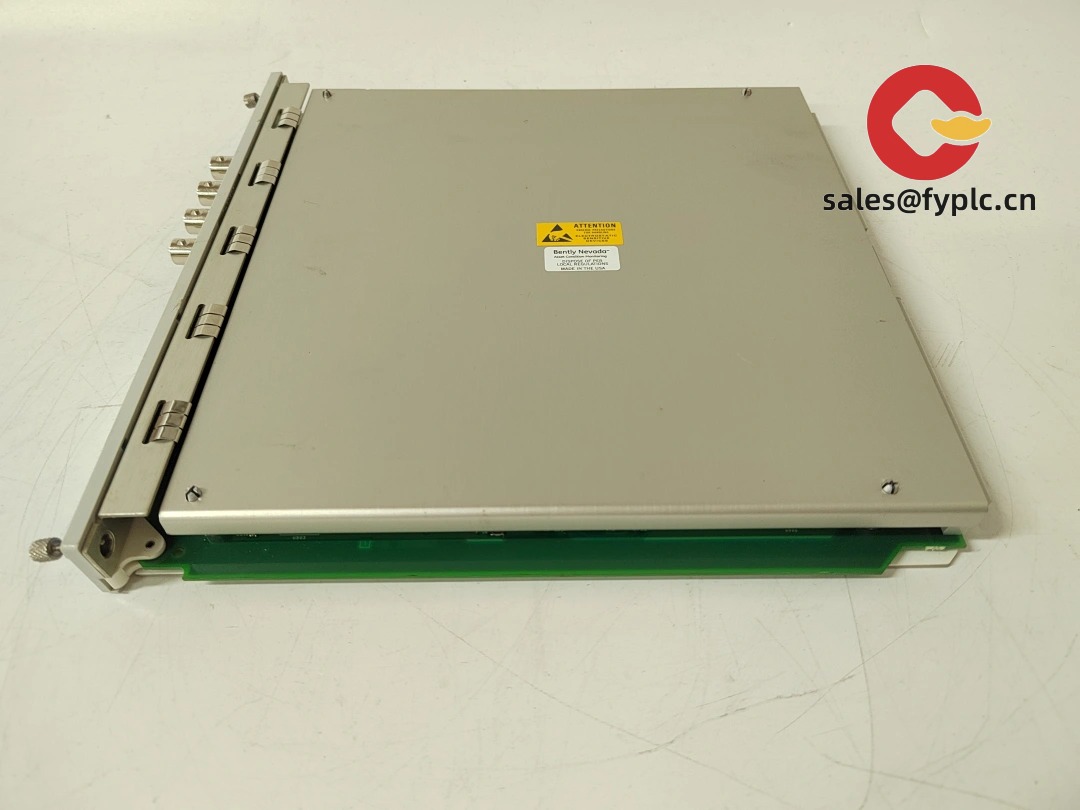
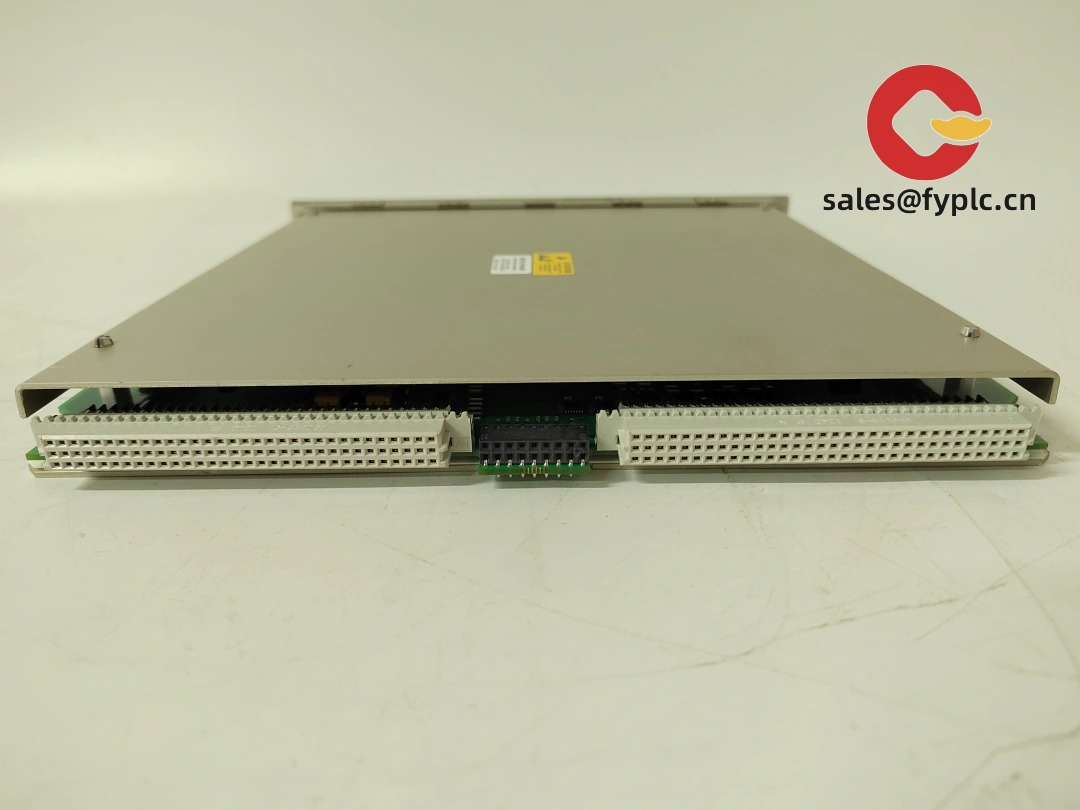

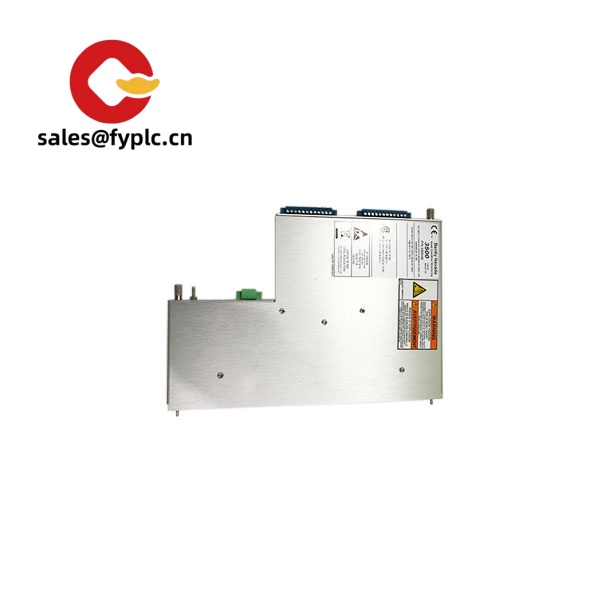
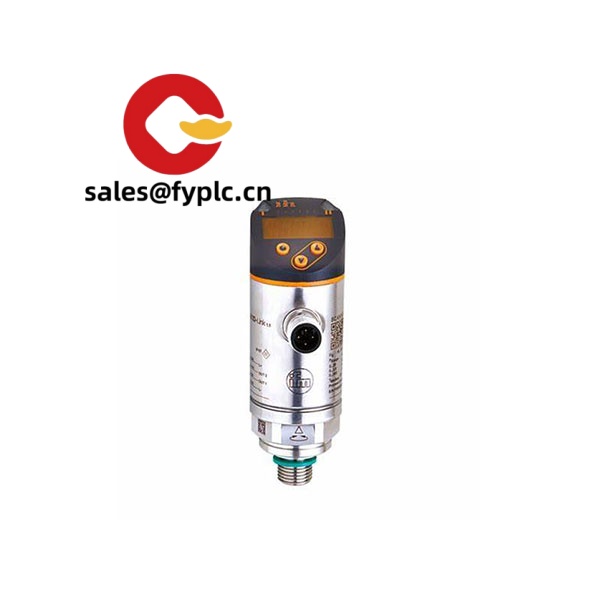
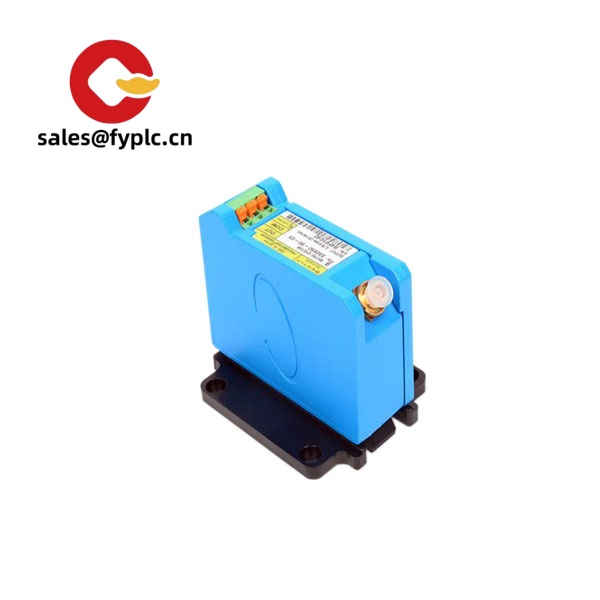
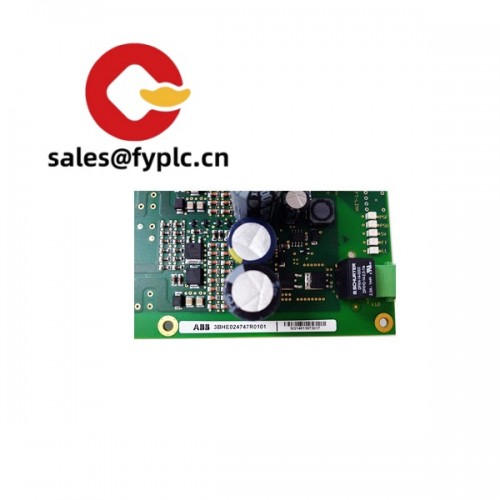
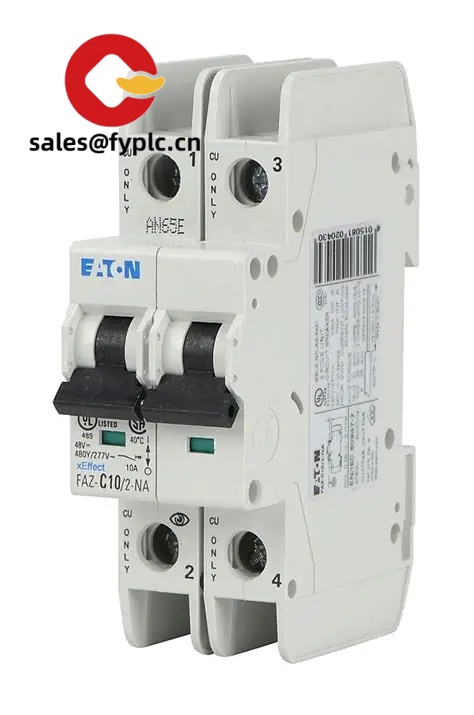
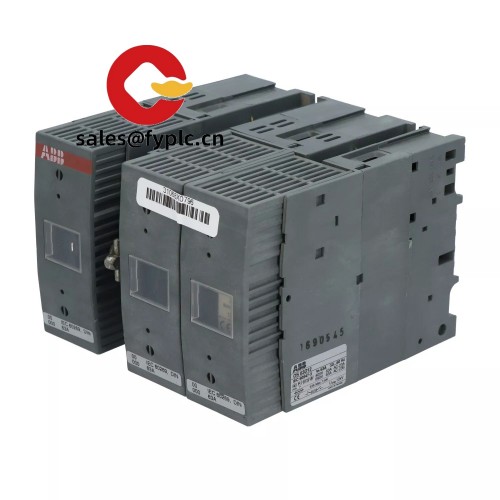
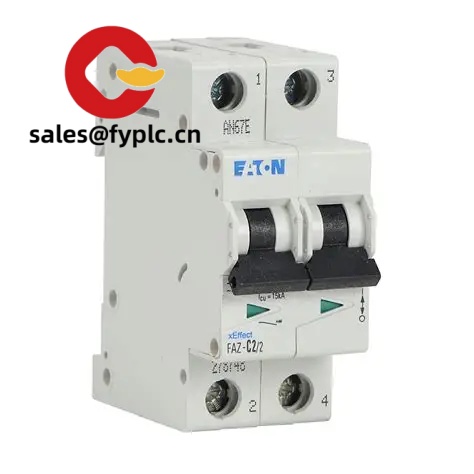
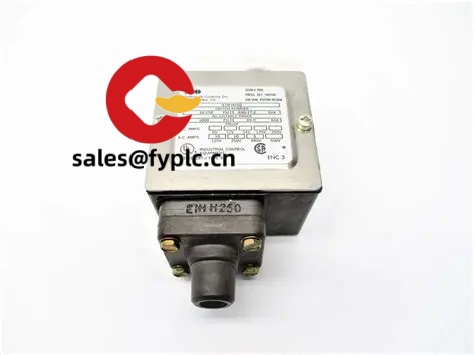


Reviews
There are no reviews yet.